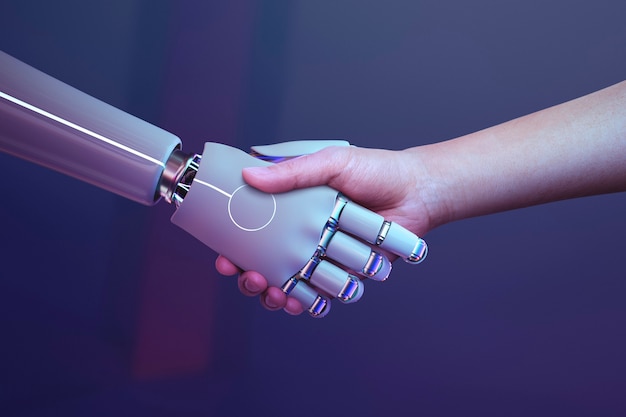Artificial Intelligence (AI) content generation is rapidly becoming the driving force behind the evolving information economy, transforming how content is created, distributed, and consumed. This technological advancement is not just a futuristic concept but an ongoing revolution reshaping industries across the globe. AI’s ability to generate content efficiently and at scale has profound implications for businesses, media outlets, educators, and marketers.
At its core, AI content generation leverages machine learning algorithms and natural language processing to create text that mimics human writing. These systems analyze vast amounts of data to understand context, tone, and style before producing coherent narratives or informative articles. The sophistication of these tools allows them to produce everything from news articles and blog posts to marketing copy and even creative fiction with remarkable accuracy.
One of the primary advantages of AI content generation is its efficiency. Traditional content creation can be time-consuming and resource-intensive; however, AI can produce high-quality material in a fraction of the time it would take a human writer. This speed enables organizations to keep up with the fast-paced demands of digital media consumption while freeing up human resources for more strategic tasks such as ideation or analysis.
Moreover, AI-generated content offers unparalleled scalability. Businesses can deploy these technologies to create personalized experiences for their audiences by tailoring messages based on individual preferences or behaviors without incurring significant additional costs. This capability enhances customer engagement by providing relevant information promptly tailored to specific needs or interests.
The implications for education are equally significant. As educational institutions increasingly rely on digital platforms for instruction delivery due in part because they need flexible solutions during times like pandemics – there’s growing interest among educators about using AIs capable enough not only generating customized lesson plans but also offering real-time feedback when students engage interactively online via chatbots which simulate teacher-student interactions closely resembling traditional classroom settings thus fostering deeper understanding among learners worldwide regardless geographical constraints faced otherwise traditionally limiting access quality education opportunities previously unavailable until now thanks advancements made possible through artificial intelligence applications being integrated into modern-day teaching methodologies transforming landscape forevermore!
However promising this technology may seem though caution must still prevail: ethical considerations surrounding issues related intellectual property rights authenticity transparency bias potential misuse should always remain top mind policymakers developers alike ensuring responsible usage continues shaping future direction positively benefiting society overall long-term rather than inadvertently exacerbating existing inequalities perpetuating misinformation cycles already prevalent today if left unchecked unaddressed properly moving forward collectively together responsibly harnessing power wisely!




